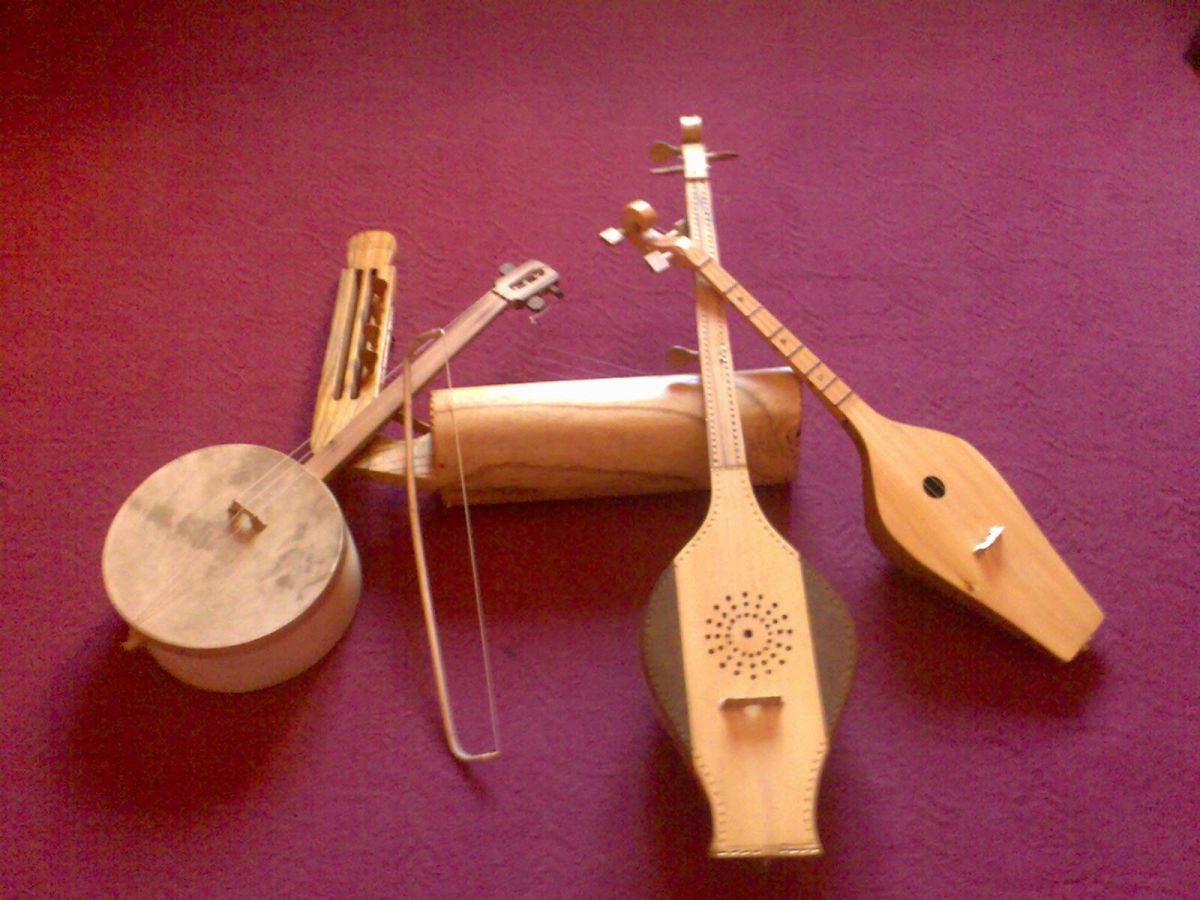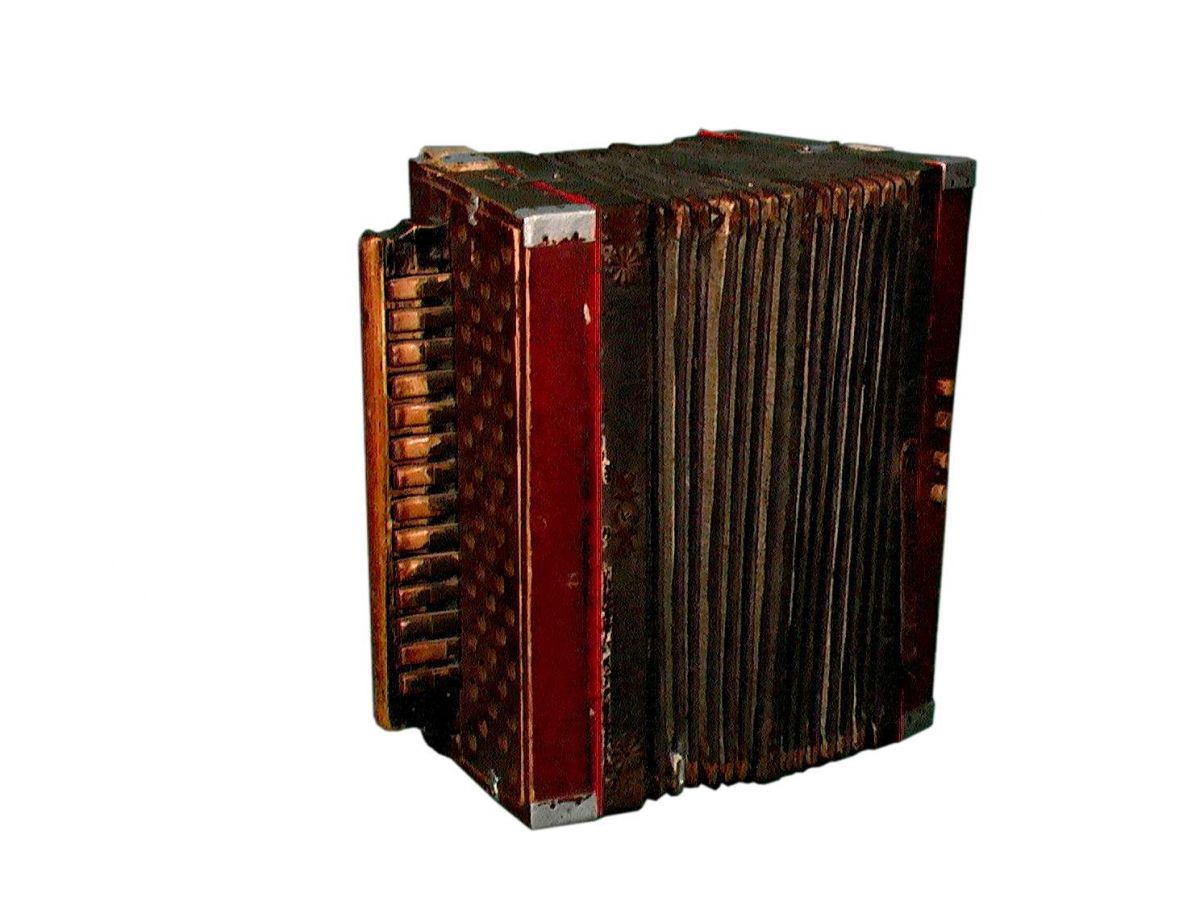
Cultural Heritage
Transport

Tush traditional instruments are: fanduri, Georgian harmonica, dafi, salamuri and stviri
Traditional music and instruments
According to Giorgi Bochoridze, Tush traditional instruments are: fanduri, Georgian harmonica, dafi, salamuri and stviri. When they want to "play the fanduri", they first "trim" it and then the sweet melody begins to play.
- They play different "voices" called:
- The voice of the army - they play when the enemy invades.
- Jokola's voice (Jokola was Kist), this is again the voice of the army.
- The voice of the cast - the voice of the cast of the people.
- The voice of a song
- The voice of play
- The sound of weeping, also referred to as the crying woman-The sound of Shamil getting caught ("Shamil’s anger")
- The voice of Akhaltaoba. Concerning Xareba and Gogia, in 1905 their voice was caught, as they would say.
- The voice of mourning (mourning of men).
- Shepherd's voice: "Shepherd sheep in the north, lay it down".

The same sounds were played on Chianuri and Salamuri.
Tush patriotic ballads usually present a completed story that tells a certain story (e.g., the defeat of the Leks near the Village of Tsaro, the heroism of Devdri Anta in the conquest of the Dido, episodes of the Battle of Bakhtrioni, etc.). In these ballads the story is always transparent. In addition to the names of Georgian hero princes (Orbeliani, Cholokashvili, Eristavi, Cherkezishvili, etc.), the names of other heroes from the depths of all over Tusheti are listed: Shvela Shvelaidze, Meti Saghirishvili, Anta of Devdari (from Tsovati), Shete Gulukhaidze (Zezeva Gulukhaidze) and so on. There are many of them and each of them is a hero of Tusheti and, consequently, of Georgia.
Tush patriotic ballads are mainly performed on Christian holidays (Dadaloba, Athengenoba, Lasharoba, Giorgoba, Baptism, etc.), which are still held every year in Tusheti. Their leitmotif is the pride of the Tusheti because of the heroes who died guarding the homeland, who defended their native land and made their ancestors proud. At the same time, there is a belief that their descendants, who often name their homeland - Georgia, will increase. It should be noted that patriotic songs are performed only in Georgian, and songs dedicated to only one of the heroes are performed in Tsovura, Chaghmura and Georgian.
As an example, we bring you an excerpt from the repertoire of the famous XX century singer and performer, Mose Shavkhelishvili: (repeat twice) My homeland, sacred, sacred place, we fought for you - and came back to you! "Minor tones predominate in Tush songs. Unlike song melodies, Tush dance melody and choreography are characterized by major sound and expression.
Salamuri, a traditional shepherd musical instrument, and Georgian fanduri were restricted by the accordion introduced in the 19th century. Women virtuously combined Tush melodies with the harmonic musical abilities and it is still very popular to this day.
References: c. Bochorizdze. Tusheti
Spatial planning of Akhmeta municipality and Tusheti. Studio 21
Photo: From various websites.





